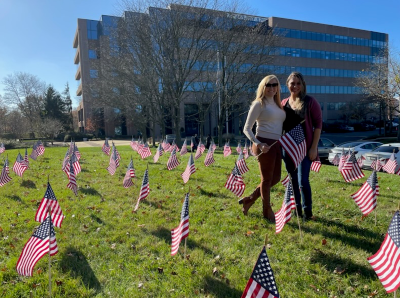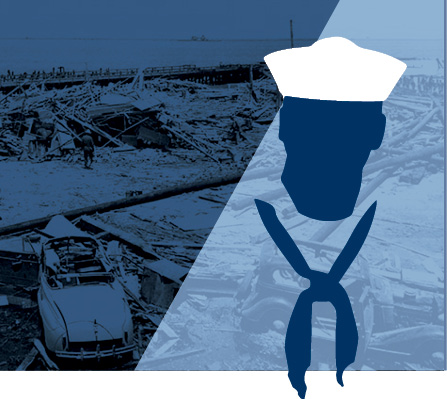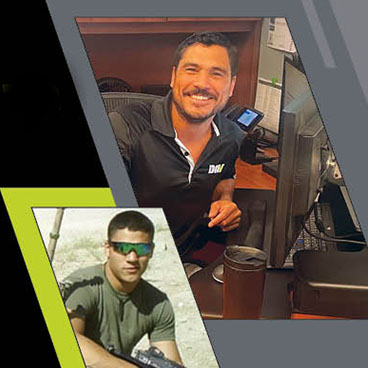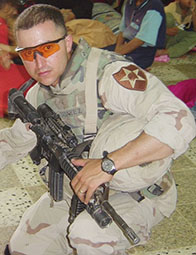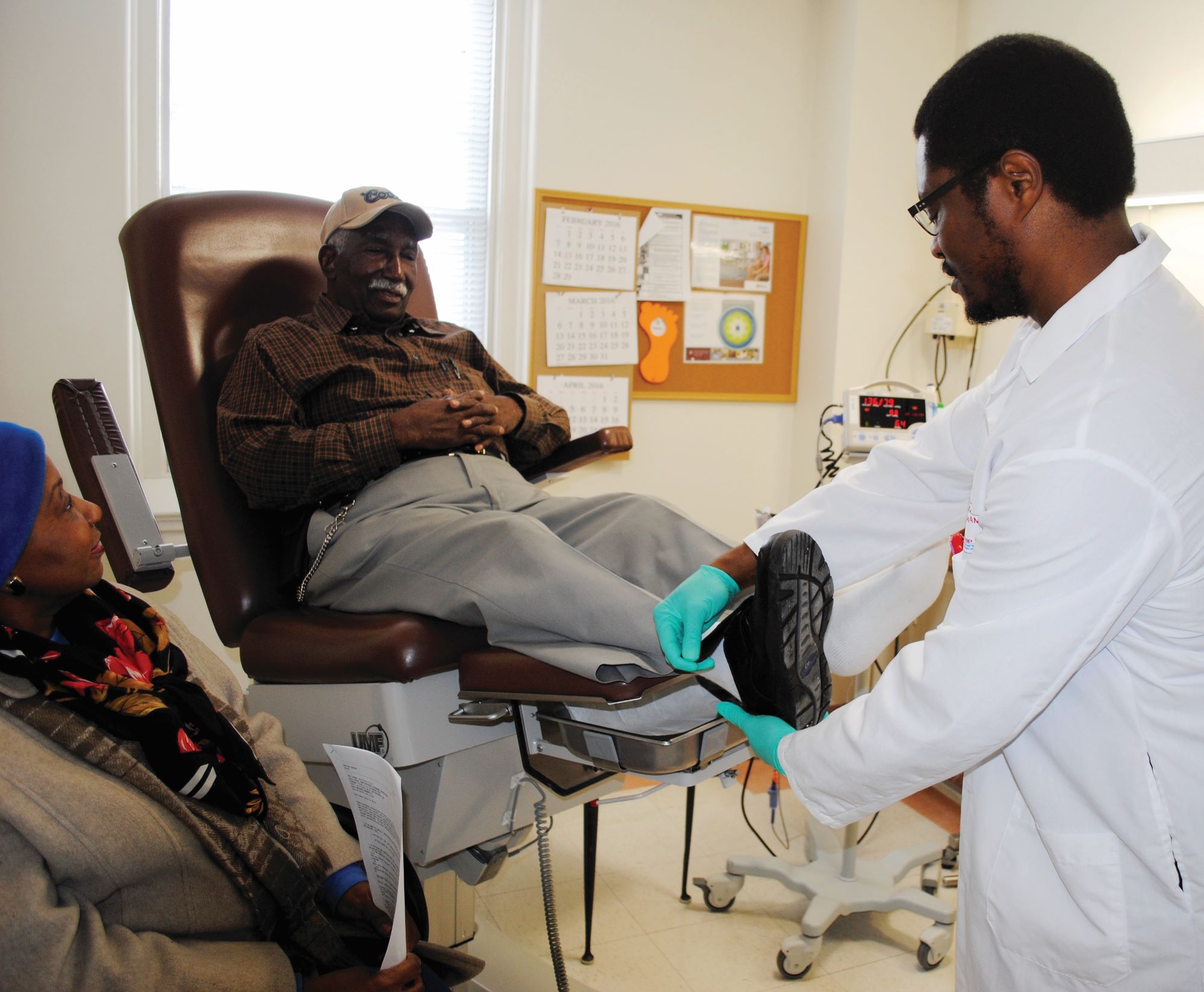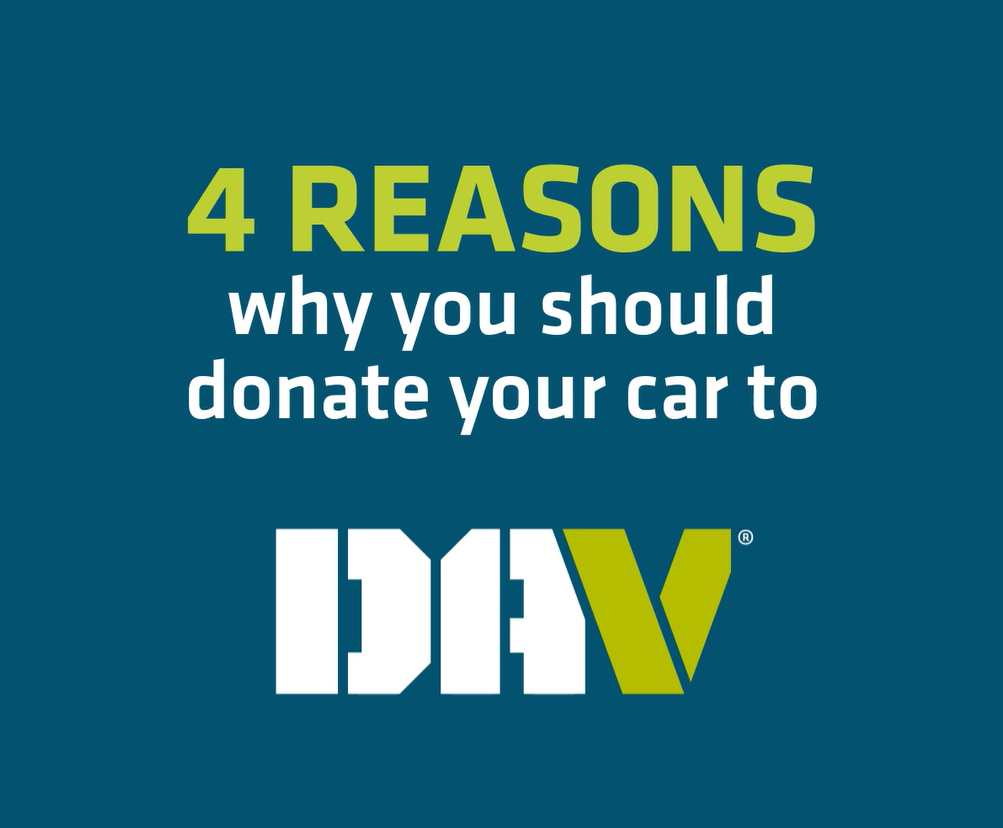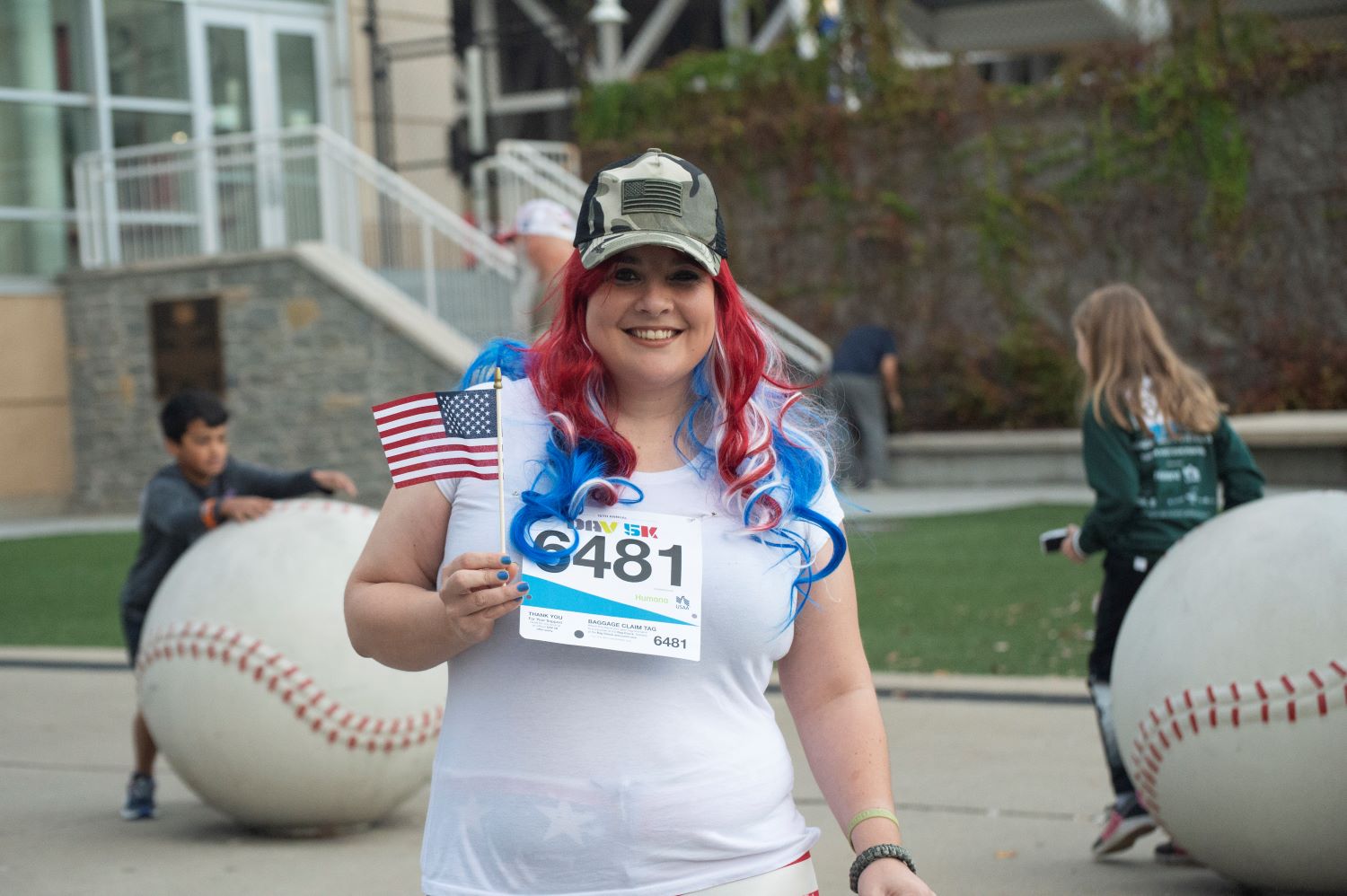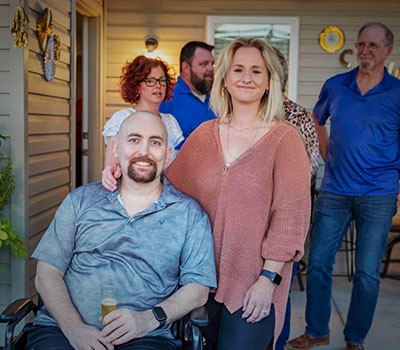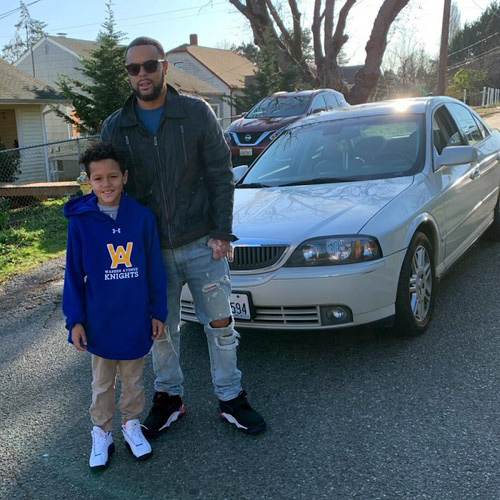Protecting Earned Benefits
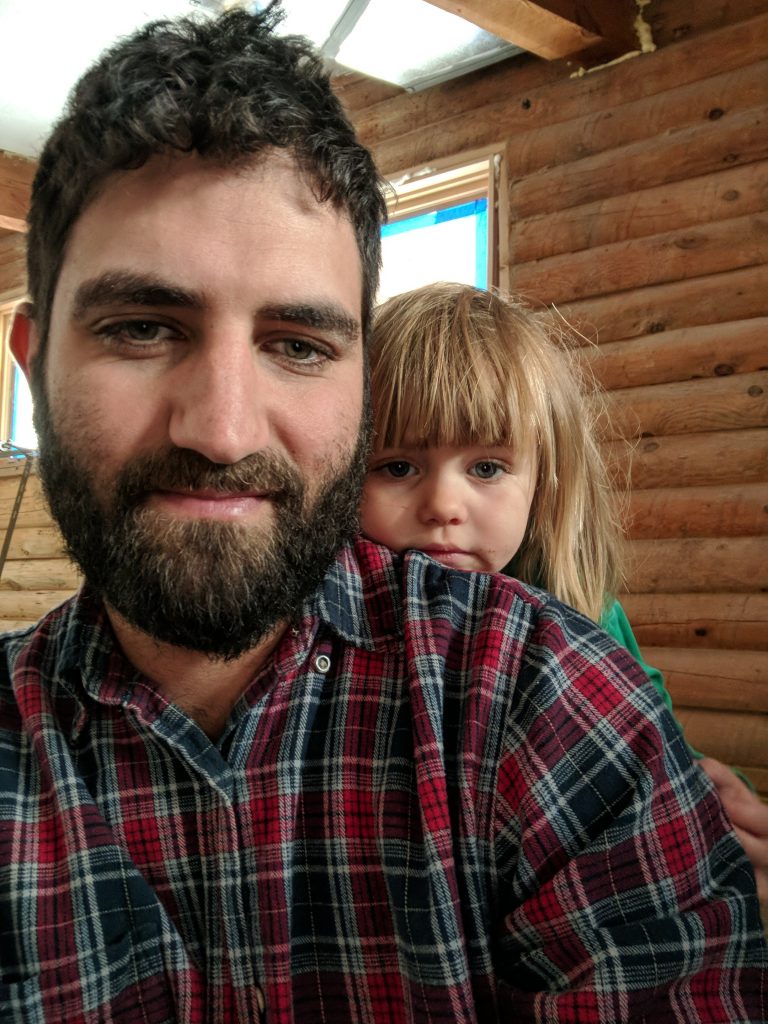
Navy veteran turns to DAV after VA proposes reduction of disability compensation
As a young sailor assigned to Naval Air Station Lemoore, California, Jordan Schoof was expected to maintain peak physical fitness. But when he hurt his shoulder exercising on base, he thought the pain was muscle soreness that would eventually subside.
However, the agony took a turn for the worse, and reality set in that Schoof’s injury was much more severe.
“I didn’t have a car or anything, so I just spent pretty much all day in the gym,” he said. “Somewhere in between, I screwed up my shoulder pretty good.”
Nothing relieved Schoof’s pain between receiving injections, undergoing medical scans, and being placed on limited duty. As x-rays and MRIs came back inconclusive, he realized his days in the Navy were numbered.
In 2011, Schoof parted ways with the Navy.
He settled in Lander, Wyoming, finding work with a rail company. The job provided financial security but proved to be physically demanding, even for someone without chronic pain. Digging holes, bending down to pick up heavy equipment and holding signs in the air for extended periods were routine duties that wreaked havoc on his injuries.
Years of overworking his shoulder made the pain even worse and extended to other parts of his body.
“Pain is always in my shoulder,” said Schoof, “but what it’s progressed to is now my neck always hurts.”
The muscles in his upper back are always tight, pulling both of his shoulders towards his neck. His left shoulder sits lower than his right, causing poor posture and aching up and down his spine. The days after exerting his shoulder are marred by intense headaches that feel like his head is clamped in a vice.
By 2016, the pain was intolerable, and Schoof made the difficult decision to leave his job. When physical therapy didn’t help, he fell into a state of despair.
“I was depressed because I knew this wasn’t going to go away,” he said. “It’s not going to get better.”
Schoof had been receiving VA compensation for his injury since separating from the Navy. However, he thought his disabilities merited a higher rating and individual unemployability due to his inability to work.
To his surprise, not only did the VA not approve additional benefits, but the agency said it would reduce his disability compensation.
Distraught and desperate for help, Schoof contacted DAV National Service Officer John Rodriguez, who assured him he would work to reverse that decision.
“The VA had examined him and determined that the medical evidence did not support the continuation of those [rating] percentages,” said Rodriguez, who works at the DAV national service office in Chicago. “But from what he was describing to me, it seems like he was underrated for some of the conditions.”
Schoof had been seeing a VA psychologist for depression related to his physical ailments, which Rodriguez included in a new series of claims along with the documentation showing his injury was not improving.
“Jordan has a history of continued medication and treatment for his disabilities,” Rodriguez added. “I couldn’t understand how the VA was reducing them when there was such significant evidence.”
In December, the VA approved Schoof’s claim, increasing his overall rating and granting him individual unemployment benefits that would help provide a measure of financial stability.
“I just really appreciate what the Chicago DAV has done,” he added. “They really make you feel like they care about how you’re doing.”
Learn more about how you can help veterans like Jordan and their families by transferring your stocks as a gift to DAV.

